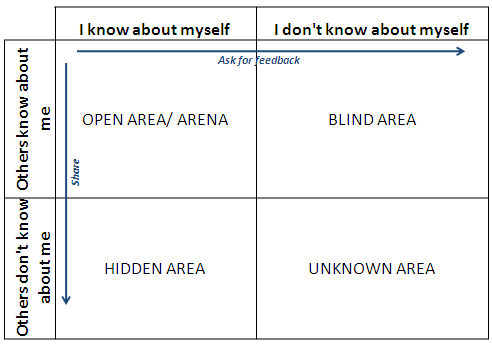For all those of you who have never worked with them, recruitment agencies are a great mystery. What do they actually do? Are they any good? What are they to start with? Companies? NGOs? Employers? Governmental organizations? So many questions… So let’s clear the air a bit.
First of all, recruitment agencies are companies – basic and ordinary companies that have employees, that pay taxes and that make profit (or at least try to because the niche is very difficult and competitive). On the market there are a few global high rollers that are present in several countries (like Lugera & Makler, Adecco, Trenkwalder), a few small agencies that specialize on a niche, are good at it and actually make profit (like SAP recruitment) and several others which try to survive (but most of the times don’t).
A recruitment agency covers mainly two basic activities: helps candidates find a job and helps other companies find good candidates for the open positions they have. So they are a mediator on the market between candidates that search for jobs and companies that search for candidates. Most agencies (I use “most” because all of those we have worked with did it, but I can’t bet that all in the world are in the same situation) offer mostly free services to candidates and get paid by companies only.
- Receiving their resume and inserting it in a database which helps search for candidates with a certain skill; for agencies operating on the same market, competition is huge because they end up eventually with a similar database, so winning the client gets tougher; also, small inexperienced agencies can’t compete with large ones which already have a huge list of candidates that they can search in minutes;
- Helping the candidates build a professional resume (sometimes paid service);
- Assessing the candidate’s skills by applying tests (IT, language, professional psychological tests) or during interviews;
- Offering improvement suggestions (sometimes paid service) and offering to include them in training or coaching sessions (also mostly paid service);
- Sending the candidate’s resume to employers who have open positions, according to required skills (free service mostly);
- Offering the candidate feedback in case of rejection or mediating the salary offering process (mostly free service).
- Search resumes in their database;
- Post ads on suitable recruitment channels;
- Interview and test candidates;
- Propose the best candidates for the available positions;
- Replace candidates for free if candidate leaves or is being fired (on candidate’s fault) within a certain time limit (3-6 or even more months depending on position);
How does the hiring process work?
1. The client of the recruitment agency opens a position and offers it to one or several recruitment agencies, depending on internal requirements, policies or depending on the signed contract between the two parties;
2. The client may be required to pay an advance fee (used for posting ads or for initial time spent on interviews). Fee is not returned. Depending on initial agreement, this fee may be skipped and a final success fee paid instead (only if agency manages to fill the position with the suitable candidate);
3. Agency posts ads, selects resumes, interviews candidates;
4. Agency offers a final list of top candidates to the client;
5. Client interviews final candidates and offers one or several;
6. If position(s) is (are) covered, taxes are paid and process stops; else, recruitment process starts again. If several agencies work on the same position, the first one to fill it gets the money. The rest just waste time.
A recruitment agency works just like any other company. It is a service provider. Its employees are recruiters (the people who do the actual recruitment and selection), sales people (who search for clients and sign contracts – sometimes in small agencies sales people are also recruiters) and support people (like finance people, building maintenance, drivers, any other internal position necessary for a company to work efficiently).
I hope the role of a recruitment agency is clear now. For further questions, please feel free to comment upon this post.
Kind Regards,
Geo





